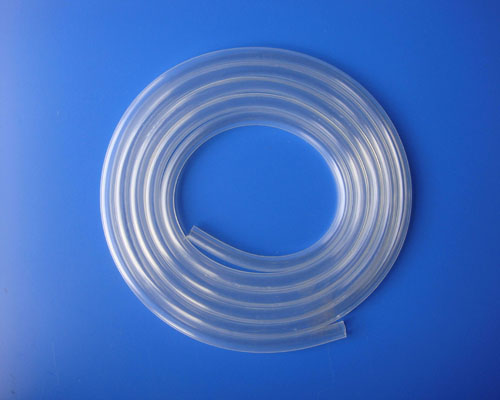
Phone Number :
07 13, 2023

In the metallurgical industry, the use of PVC hoses for various applications is common. However, it is crucial to determine the high temperature resistance performance of PVC hoses to ensure their suitability for different production processes. This article aims to provide a comprehensive overview of the testing methods and significance of evaluating the high temperature resistance of PVC hoses in metallurgical industry production.
Testing the high temperature resistance of PVC hoses involves subjecting the material to elevated temperatures and evaluating its performance under these conditions. Several key factors that need to be considered in this process include:
PVC hoses have specific temperature limits beyond which they may degrade or lose their functionality. By subjecting the hose to progressively increasing temperatures and monitoring its behavior, engineers can determine the maximum temperature at which the hose can be safely used in metallurgical industry production.
The mechanical properties of PVC hoses, such as tensile strength, flexibility, and elongation, can be affected by high temperatures. Testing the hose's ability to maintain its mechanical integrity at elevated temperatures ensures its reliability and longevity in the harsh conditions of the metallurgical industry.
Metallurgical processes often involve the use of chemicals that may come into contact with PVC hoses. Determining the high temperature resistance of these hoses includes evaluating their ability to withstand chemical exposure at elevated temperatures without compromising their structure or integrity.
The high temperature resistance of PVC hoses is of utmost importance in metallurgical industry production for several reasons:
Metallurgical processes involve the handling of molten metals and other materials at high temperatures. Using PVC hoses with insufficient high temperature resistance can lead to failure, leaks, and potential accidents, endangering the safety of workers and damaging equipment.
Inefficient or unreliable hoses can disrupt the production process in the metallurgical industry. By ensuring that PVC hoses possess the necessary high temperature resistance, manufacturers can maintain continuous operations, minimize downtime, and enhance productivity.
Testing PVC hoses for high temperature resistance helps prevent premature hose failure and reduces the costs associated with frequent replacements. Investing in hoses that can withstand high temperatures effectively contributes to long-term cost savings for metallurgical industry production.
Testing the high temperature resistance of PVC hoses in the metallurgical industry is crucial for ensuring safety, productivity, and cost-effectiveness. The determination of temperature limits, mechanical properties, and chemical resistance enables manufacturers to select the most suitable hoses for their production processes. By prioritizing the evaluation of PVC hose performance, the metallurgical industry can maintain smooth operations and optimal output.